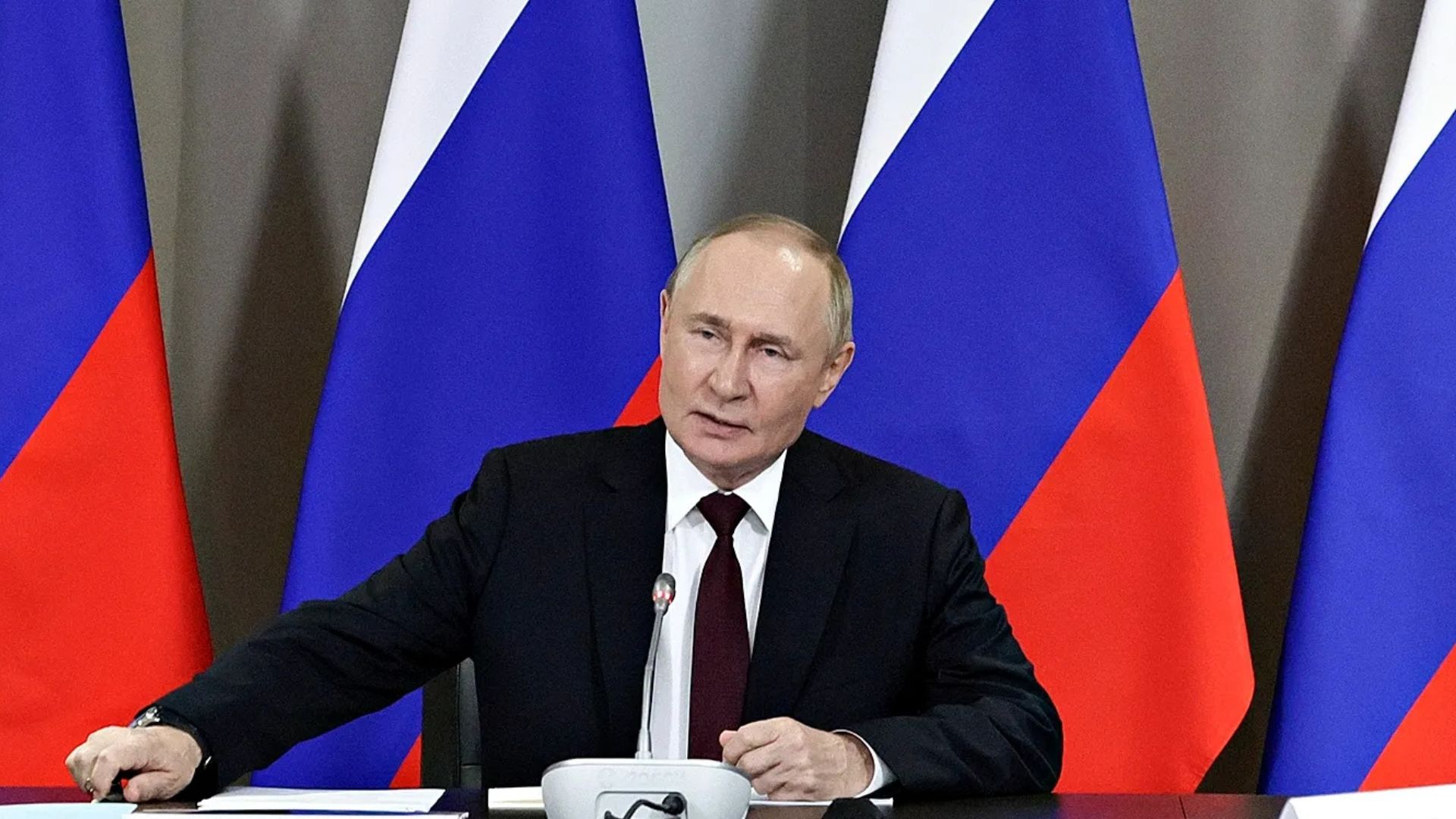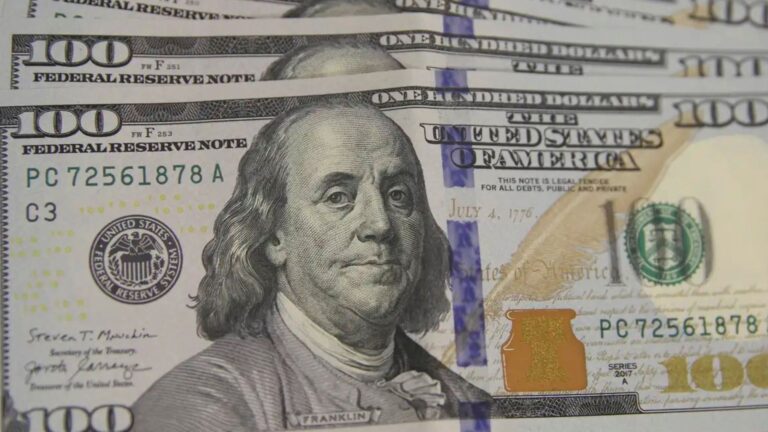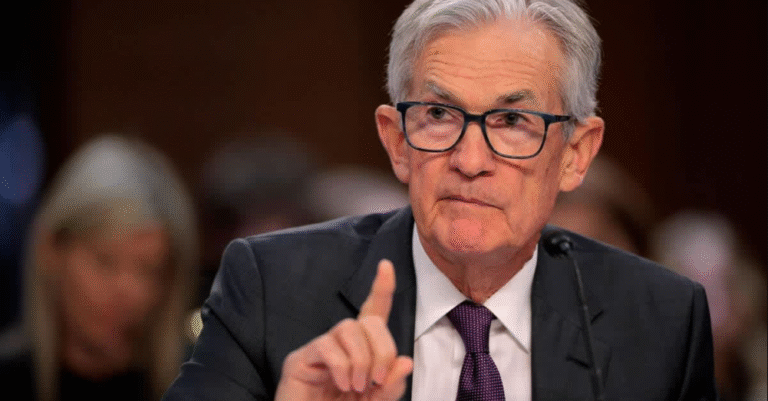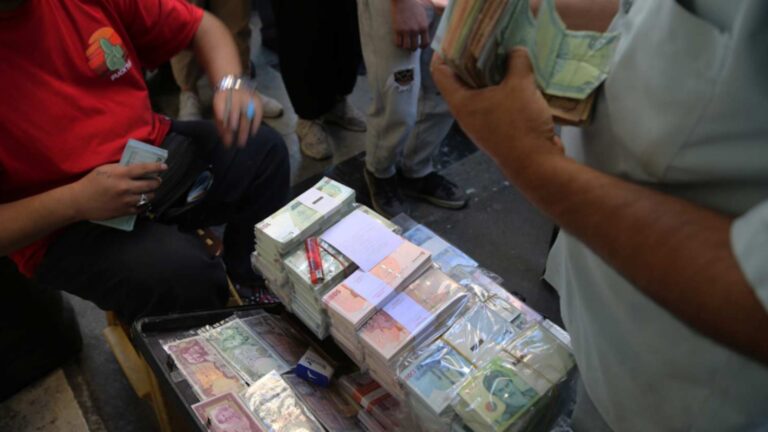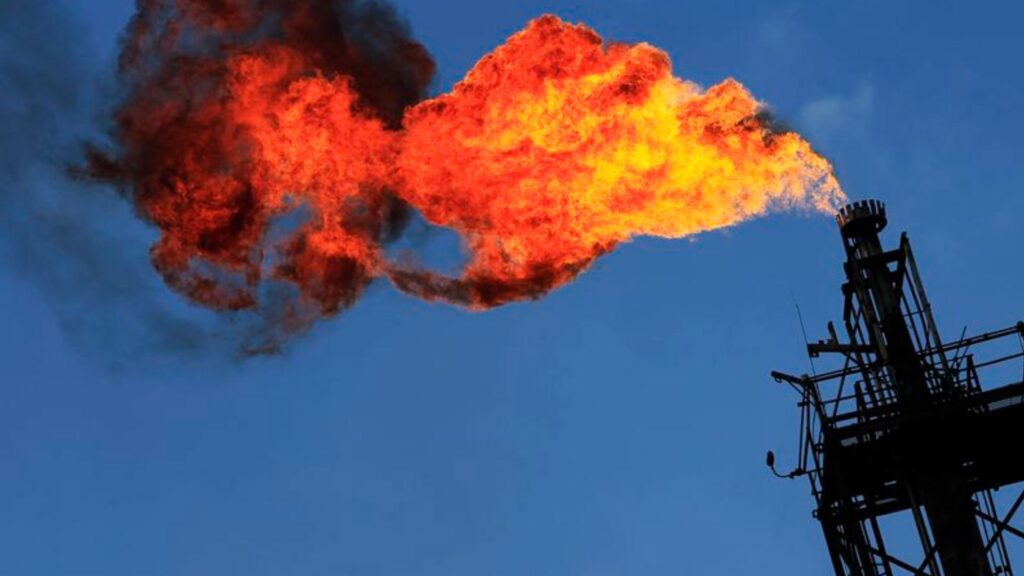
The European Commission unveiled its 19th sanctions package against Russia on Friday, expediting the timeline to end all imports of Russian liquefied natural gas (LNG) by January 1, 2027, one year earlier than planned. This move follows direct pressure from U.S. President Donald Trump, who has demanded more decisive action by European allies to sever Russia’s energy revenues that sustain its war economy.
Key Energy Measures
- Full LNG ban by January 1, 2027 (previous deadline: end of 2027)
- Comprehensive transaction bans on major Russian energy firms, including Rosneft and Gazprom Neft, removing prior carve-outs that had exempted some transactions
- Addition of 118 vessels to the EU’s “shadow fleet” blacklist—raising the total sanctioned ships to 560—to choke off illicit oil shipments
European Commission President Ursula von der Leyen emphasized that Russia’s oil revenues in Europe have plummeted over 90% in three years and that the LNG ban accelerates efforts to starve the Kremlin of hard currency.
New Financial and Crypto Restrictions
- First-ever EU sanctions targeting cryptocurrency platforms, prohibiting transactions to block Russia’s use of digital assets for sanctions evasion
- Expanded transaction bans on additional Russian banks and financial institutions operating in third countries
- Sanctions extended to refineries, oil traders, and petrochemical firms in third-party states—particularly China—that circumvent existing embargoes
These measures aim to close loopholes and curb Russia’s ability to reroute energy and financial flows through non-EU jurisdictions.
U.S. Influence and Political Context
President Trump has publicly linked U.S. willingness to impose “major sanctions” on Russia with European progress on cutting Russian energy imports. He recently threatened further tariffs on China and India—key buyers of Russian oil—if Europe did not fully eliminate Russian energy. An EU official noted that advancing the LNG ban became an “absolute priority” after von der Leyen’s phone call with Trump earlier this week.
Despite this consensus, eight EU member states—Belgium, France, Hungary, the Netherlands, Portugal, Slovakia, and Spain—continue to import Russian pipeline gas. In Q2 2025, Russia still accounted for 14% of EU LNG imports, down from 22% in early 2021, indicating residual dependencies that the new ban seeks to eradicate.
Next Steps for Approval
The 19th package requires unanimous consent from all 27 EU member states. Ambassadors have begun technical discussions to iron out final details. Once ratified, the accelerated measures will reinforce the EU’s commitment to energy diversification, strengthen its sanctions regime, and align European policy with broader transatlantic security objectives.




